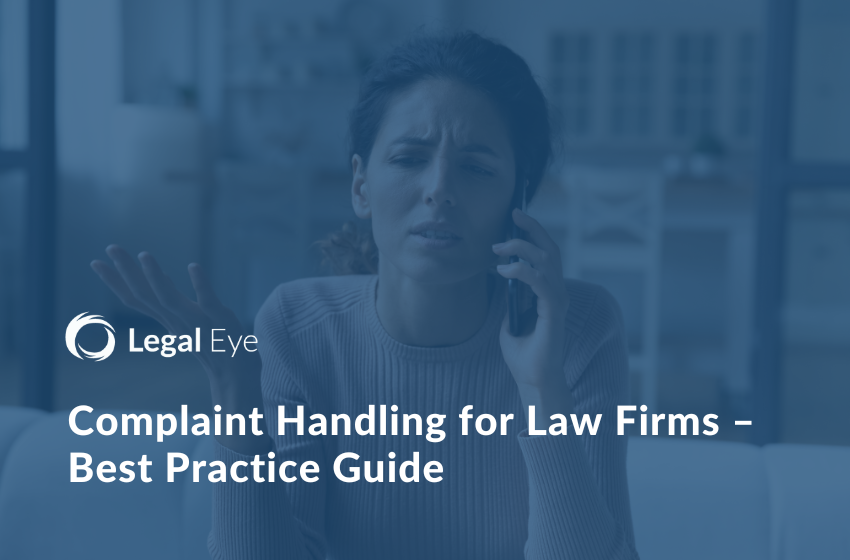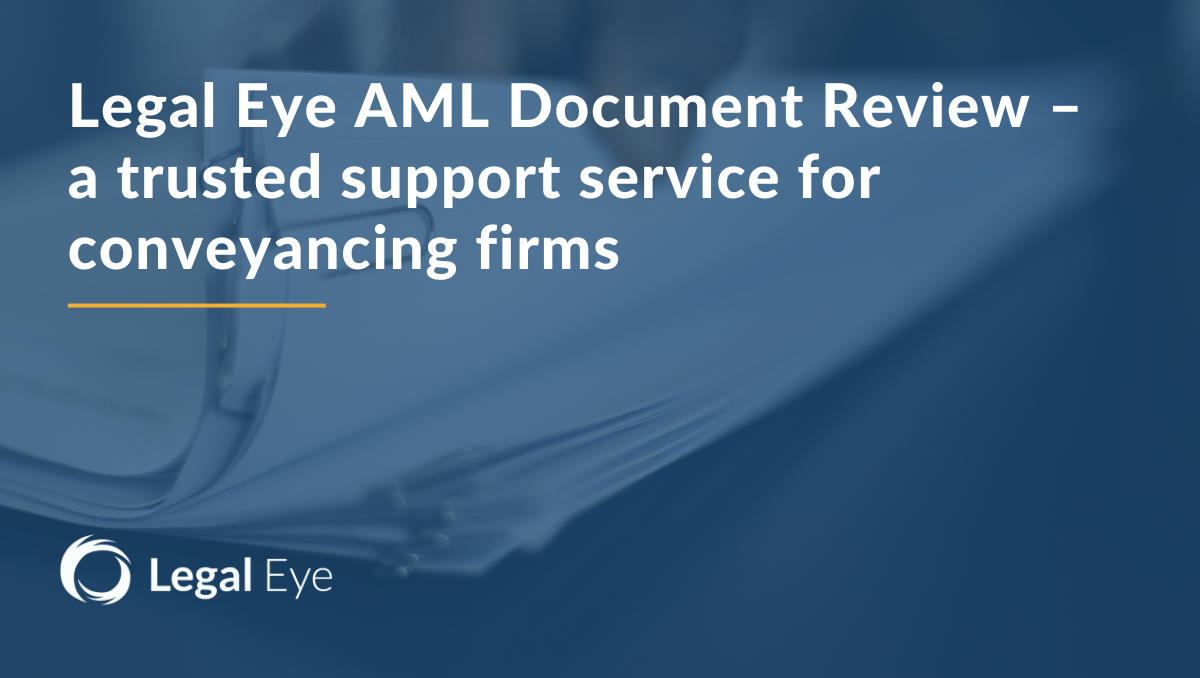The Conveyancing Association (CA), the leading representative body for the conveyancing industry, has today (16th…
![G[1]](http://conassc.wpengine.com/wp-content/uploads/2015/06/G1.png) Stephen Murray, Business Development Director at PSG provides an update on Flood Re.
Stephen Murray, Business Development Director at PSG provides an update on Flood Re.
We have just seen a lot of flooding including repeat flooding and as with any ‘predictable’ occurrence, insurance becomes difficult if not impossible. For households affected this can be devastating, it is not so good for the economy either, so the government and insurance industry have taken action and recently have done so again following the expiry of a previous agreement.
The Flood Reinsurance Scheme (Flood Re), a joint initiative between the government and the Association of British Insurers (ABI), is expected to be in operation in April 2016. FloodRe replaces the ABI’s voluntary ‘Statement of Principles’ (the SoP) on affordable insurance and, once established, will place a cap on flood insurance premiums for certain properties.
Flood Re reinsurance will not, however, be available for many types of property, including commercial property, which will instead be subject to market driven premiums and excesses for flood insurance cover.
Whilst Flood Re may therefore appear to be of little relevance to the commercial property sector it should be borne in mind that the availability of affordable flood cover for target properties in high risk areas must be considered from the outset of the acquisition process.
Background
The government and the ABI put in place the SoP in 2000 to provide a commitment from the insurance industry to make flood insurance available for domestic properties and those occupied by small businesses as part of standard policies if the flood risk was not significant (less than a 1 in 75 year annual chance of flooding).
The SoP also obliged insurers to offer flood cover to customers who were at significant risk of flooding with this guarantee of cover predicated on the basis that the Environment Agency had announced an intention to reduce the risk of flooding in those areas within five years. The SoP did not however apply to any new property built after 1 January 2009 in order to discourage development in floodplains. The SoP was not intended to be a long term measure but it took until 2013 (and a significant number of serious flooding events in the UK) for the government and ABI to announce a new Memorandum of Understanding setting out how a new scheme, known as Flood Re for the provision of flood insurance for at risk properties.
The regulations to establish Flood Re [1] were made on 10 November 2015 and came into force the next day and the Department of Environment, Food and Rural Affairs has since indicated that it anticipates that Flood Re will become operational in April of this year.
What is Flood Re?
Flood Re is a not–for-profit reinsurance scheme managed by the insurance industry under which insurers will have the opportunity to purchase subsidised flood reinsurance where they are not prepared to underwrite that risk themselves. Once in force, Flood Re will cap flood insurance premiums at a level based on the council tax band for domestic properties. Claims made by people in homes at high risk of flooding will be funded through an industry backed levy, which will be passed back to consumers at an estimated cost of just over £10 on annual premiums. This will result in low risk properties cross-subsidising high risk properties in the same manner as under the SoP.
In the event of a large-scale flooding event, in circumstances where the outgoings of the scheme exceed its income, a top-up levy will be charged to the insurers who are members of the scheme.
Exclusions
The list of properties excluded from the remit of Flood Re has been subject to significant debate however it has been agreed that the following properties will not be covered:
- All commercial property
- All residential property constructed since 1 January 2009
- All mixed-use properties
- All purpose-built apartment blocks
- The majority of houses that have been converted into apartments
- Buy-to-let properties where the landlord arranges the insurance.
The eligibility of leasehold properties for Flood Re has been contentious but it has been clarified that Flood Re will be available for leasehold properties provided one or other of the following criteria are satisfied:
- The owner (or their family) lives in the property and purchases buildings insurance in their own name; or
- The building consists of three or fewer flays provided that the freeholder lives in one of them, or if the insurance is purchased by one of the leaseholders who has a share in the freehold. Where a property is not eligible for Flood Re it will be subject to market-driven premiums and excesses for flood-risk cover.
So why is Flood Re important for owners of commercial property?
As commercial property does not fall within the ambit of Flood Re it could be assumed that the changes to the flood insurance market will have little impact on the commercial property sector. Whilst in one sense that is correct, there are points that owners of commercial property should consider.
Firstly, the availability of affordable flood insurance cover for a target property should be investigated at the outset of a transaction as part of initial due diligence. Leaving such investigations too late and then discovering that the premium for flood insurance is prohibitively high could lead to significant wasted costs.
Furthermore, as Flood Re is not applicable to residential property constructed after 1 January 2009 residential developers will be very keen to ensure that the acquisition price for land in areas at risk of flood reflects the fact that development costs may be increased due to the fact that the grant of planning consent is likely to be conditional on flood mitigation measures being put in place.
Whilst the SoP likewise did not apply to post-2009 residential property, bearing in mind the recent catastrophic flooding incidents, flood alleviation is likely to be increasingly important when a decision is being reached as to whether to grant planning permission and what conditions to apply to such a grant.



